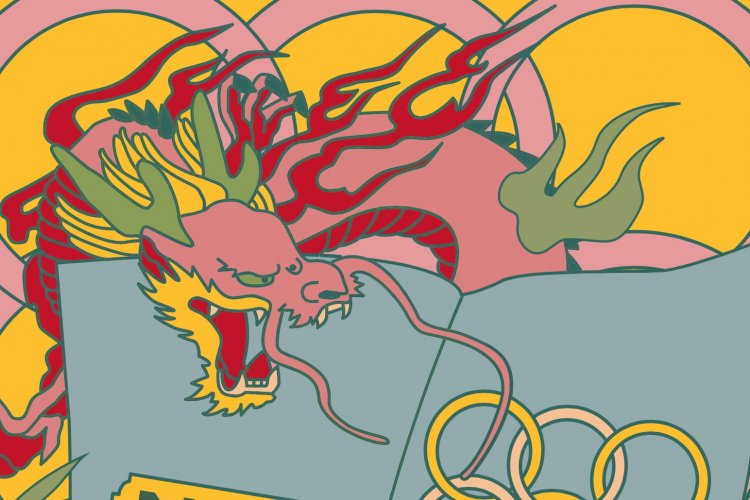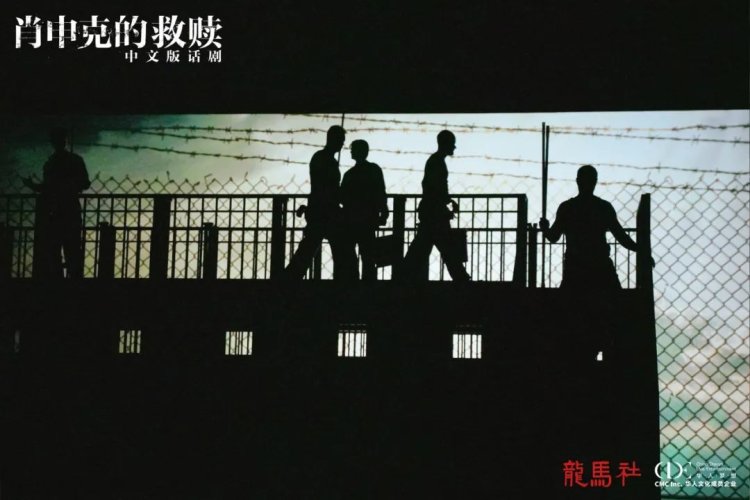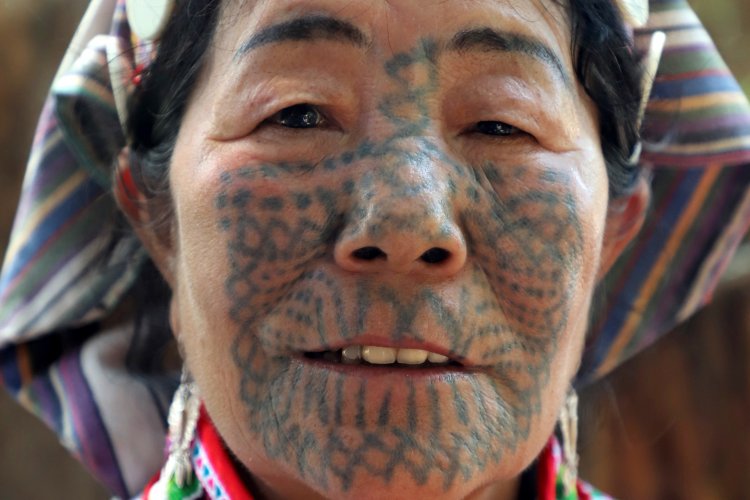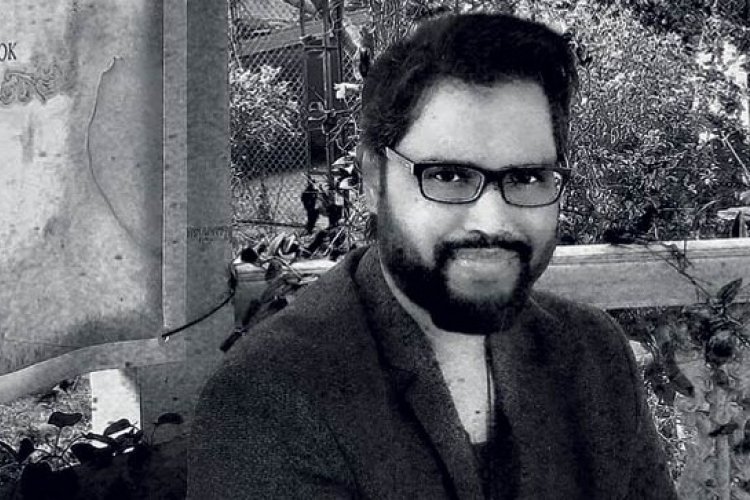Heading Down Under: Interview with Australian Ambassador Dr. Geoff Raby
This year’s Australian Writers Week, which is happening in conjunction with the Bookworm International Literary Festival, includes talks from 5 talented Australian writers, including Kate Grenville, Henry Reynolds, Mara Moustafine, Jane Godwin, and Lucinda Holdforth. Tomorrow’s talk at The Bookworm, The Etiquette of Diplomacy, features former diplomat, speechwriter and consultant Lucinda Holdforth discussing the importance of manners in public life with Australian ambassador Dr Geoff Raby. The talk is sold out, but there is a waiting list.
the Beijinger asked Australian Ambassador Dr. Geoff Raby a few questions.
You've said "There is an immensely talented community of Australian writers, all of whom have a unique, and often very Australian, perspective on the world we live in.”
What characterizes an "Australian perspective"?
Australia is an immensely creative and innovative nation, with a rich tapestry of culturally diverse people and influences - and these characteristics are reflected throughout our cultural and artistic endeavours. Australians are also widely regarded as welcoming and open and we’re proud of that. Our literature reflects this, too. Our writers have a way of telling stories about the evolution of contemporary Australia in a dynamic, fresh and easily accessible writing style.
What Australian issues or themes will we see running through the works of the authors appearing at the Australian Writers Week this year?
This year’s Writers’ Week is centred around the broad theme of “Tracking Histories”, with a focus on the diversity of cultures and pasts that make up contemporary Australia. Through the works of our five renowned Australian authors, we hope to demonstrate their deep engagement with the issue of identity, and with the unique blend of established traditions and new influences that shapes it.
What points are particularly of interest for Chinese-Australian relations?
Mara Moustafine’s work, Secrets and Spies: The Harbin Files is part memoir, part detective story and part work of historical investigation set in Harbin, North China. Moustafine traces her family roots to Harbin, once the heart of a vibrant Russian community until the mid-1930s, when the Japanese occupation of Manchuria drove many Russians to seek refuge elsewhere. Her work has recently been translated and published in Chinese, as has Kate Grenville’s The Secret River. By meeting all our authors and hearing about their works, we hope Chinese audiences can learn more about Australia and our unique, culturally diverse society.
What events will you be appearing at?
I will be appearing at the Bookworm on Friday March 20 at 12.30pm, in discussion with Australian Writers’ Week author Lucinda Holdforth about her works ‘Why Manners Matter’ and ‘True Pleasures’.
In your time spent in China, how have you seen the relationship between the two nations develop?
Since I arrived in China around two years ago, I’ve had the pleasure to witness several highlights in the bilateral relationship, including the first visit to China by Australian Prime Minister Kevin Rudd in April 2008. Prime Minister Rudd also attended the Opening of the Olympics in September, and the number of high level visits on both sides has grown substantially. We’ve also had a number of major developments on the economic front and China recently overtook Japan to become Australia’s largest trading partner.
What do the two nations have to offer each other in the future?
The relationship between Australia and China is already close, but there is still enormous untapped potential and complementarities across a range of interests. On the trade side, we’re committed to working quickly towards concluding a Free Trade Agreement with China to underpin our significant economic ties - Australia has a strong, competitive economy which is going to be particularly important in the context of the current difficult global economic climate. We have a shared interest in expanding investment links and in working together on key global issues such as climate change and in multilateral forums. Bilateral ties in education, tourism, development cooperation and cultural exchanges are also significant and growing. The future looks bright!
What is the one thing about Australia you wish more people abroad were aware of?
Many people in China know and love Australia for its rich natural beauty and clean, green image, which makes it a great place to live or to visit. But it’s less often known that Australia is also breaking new ground in scientific innovation and cutting-edge technology. In fact we’re leading the charge in fields such as environmental and other sciences, medicine, industry and agriculture.
In what ways are Australian and Chinese cultures similar?
Both Australia and China share the unique gift of being able to draw on two of the oldest continuous cultural traditions in the world, and our rich and vibrant cultural and artistic establishments reflect this. At the same time both Australia and China are on the forefront of cultural innovation and creativity. It is this unique blend of established and new influences that Australian and Chinese culture shares. Contemporary Australia is shaped by our unique cultural diversity, and, with several hundred thousand Chinese currently living in Australia, Chinese culture has been an influential part of what makes up Australia today.






